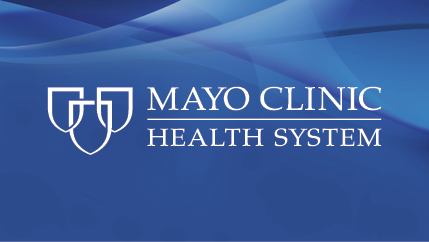Recent Posts
When should a female start seeing a gynecologist?

With several choices in health care professionals and specialties, determining whom to see and when can be confusing. As an OB-GYN, one of the most common questions I hear from patients is, “What are the differences between the services offered by an OB-GYN and Family Medicine?” The second most common question is, “When should my daughter start seeing an OB-GYN versus her pediatrician or family medicine professional?” Both are excellent questions. However, the answers are not as straightforward as one might hope.
OB-GYN or Family Medicine?
OB-GYN and Family Medicine can complete preventive health exams for women. Both departments can screen for health diseases. So when do you see a gynecology professional and when should you see a family medicine professional?
Family Medicine is best suited if:
- You have a chronic medical condition that requires medication or regular lab work, such as diabetes, high blood pressure or cholesterol, or chronic pain.
- You have an acute condition that might require antibiotics, such as ear infections, strep throat, cellulitis or upper respiratory symptoms.
- You have any new onset of pain or recent injury.
OB-GYN is best suited if:
- You have questions or concerns regarding the female reproductive system, including breasts, uterus, ovaries and vulva. It also can include some urological or gastrointestinal symptoms.
- You have menstrual, pregnancy, fertility or contraception questions or issues.
- You have sexual health concerns, such as libido, pain or abuse.
Some services provided by Family Medicine and OB-GYN overlap, such as birth control, thyroid disorder and mood changes. In these cases, it’s best to start with whomever you feel most comfortable with, and they can guide you further if your concerns cannot be addressed fully.
At what age should a female see an OB-GYN professional?
A female could see an OB-GYN beginning at age 11 if she has concerns with:
- Delayed puberty (no breast tissue changes before age 14) or delayed menarche (no menstrual cycles before age 16)
- Painful menstrual cycles, especially if missing school or activities due to symptoms
- Unable to wear a tampon or questions about genital anatomy
- Any sexual health questions or contraceptive needs
For other young females, family medicine or pediatric professionals can address most other health needs, including general questions about puberty. Sports exams and immunization reviews are best in those departments.
When to begin Pap smears
It’s important to understand Pap smear screening recommendations continue to change over time as more is learned about HPV. As a result, many parents remain uncertain about when their daughter should begin this screening. The recommendation is to begin Pap smear screenings at age 21, regardless of sexual activity or birth control needs.
At times, a pelvic exam or evaluation of the genitalia might be warranted. But this is not for Pap smear screening purposes. Also, HPV vaccination is recommended during the early teenage years — before sexual activity — to help prevent cervical cancer. Your health care team can give you more information regarding HPV vaccination at your appointment.
Becky DeLuca is an OB-GYN nurse practitioner in New Prague, Minnesota.




